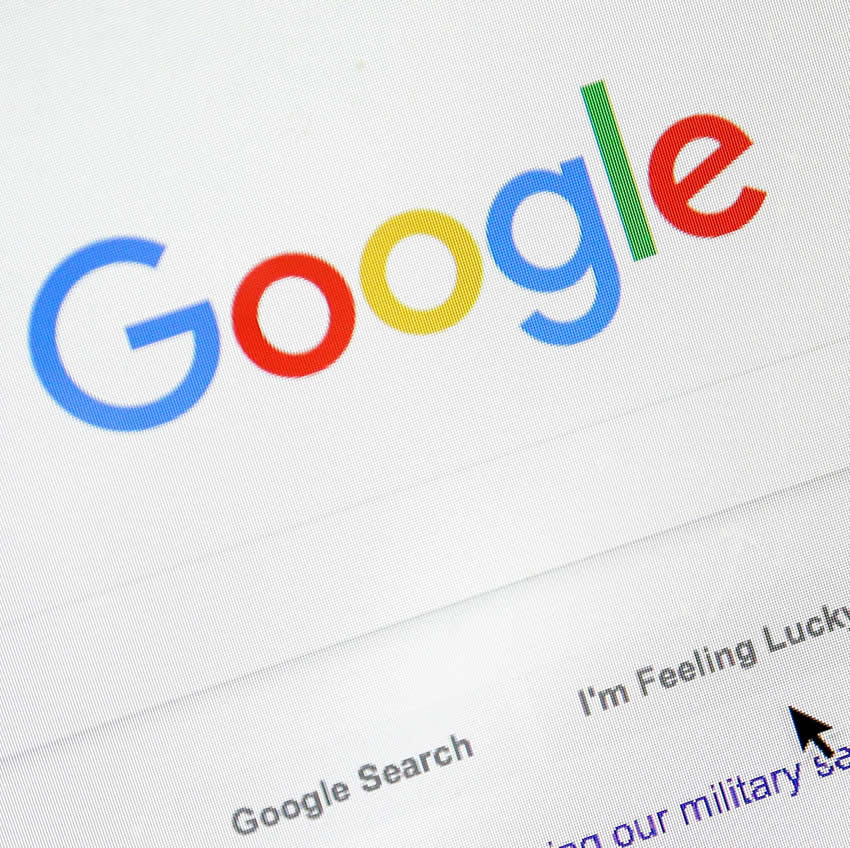Getting your website and web pages indexed by a search engine is a highlight essential SEO feature, considering how pages that aren’t indexed cannot be ranked. Google must index your website to get any organic traffic. No one can find your content organically otherwise. You might have even submitted a URL to Google regarding indexing, but no result. This could be owed to a wide array of reasons.
The first step to fix an indexing problem is to diagnose the reason why the problem exists. To know that, you need to first look into your site and see which pages aren’t being indexed. You can do this via multiple methods like using the site operator, checking your overall indexation status, and more.
If your pages aren’t being indexed, there could be a reason behind it. Google’s guidelines might not match the content of the page, your page could be difficult for the google search bot to crawl through or others. If your indexed page count is showing a dip, this could be brought on by a penalty from Google, your content is deemed irrelevant, or by having difficult pages that cannot be crawled through.
This is why you need to begin by understanding why your pages aren’t getting indexed and then work on a strategy to fix them. Here are 5 of the most common reasons pages don’t get indexed:
Your pages aren’t loading right:
Google crawlers don’t take well to your site if it takes an eternity to load. If a crawler encounters slow loading speeds, it will likely not index the site at all. If you experience frequent downtime of your serves or if your domain has recently expired, you might be experiencing this low loading speed. You can use an HTTP header status checking tool which allows you to determine the proper status of your server. The correct and acceptable header status is 200 and if you see 3xx,4xx, or 5xx errors, you need to instantly get cracking, as these are not good news in terms of URLs you want to be indexed.
Changed URL:
Changes in backend programming or server settings can result in a change of domain, subdomain, or a change in the URLs of a site. Search engines might have indexed the old site but if the changed URL or domain is not redirected correctly, a lot of pages could be de-indexed. If a copy of the old site can still be visited, you can map out the 301 redirects to the corresponding URLs. Unfortunately, if you cannot visit the old sites, getting the new URLs can be quite difficult.
Duplicated Content:
If your site has too much-duplicated content on it, it might confuse the search engines and make the bots give up on indexing your website. Multiple URLs on your site that return to the same content can also pose a threat. Fixing duplicated content involves implementing canonical tags, 301 redirects, noindex meta tags, and more. These might end up decreasing the pages that are indexed, but often it is not a major concern. It might be a good thing overall, for all these methods only de-index pages you do not need anymore. Double-check to see if this fix of duplicated content is the only thing causing your pages to be de-indexed or if there’s another, a bigger factor involved.
Pages that are timing out:
Sometimes, if your host has frequent outages, it could mean that the site isn’t getting crawled. Some servers have bandwidth restrictions that are laid down due to budgets that constrict you from getting servers with higher bandwidth. If your pages are timing out, you need to look into your host server and get an upgrade if that’s the factor causing your pages from getting crawled and indexed. Sometimes, there might be a hardware issue causing your pages to time out, and upgrading the hardware processing can help resolve it. If there is a severe bandwidth issue, get a server upgrade. If it is a hardware issue, double-check for server caring technologies and if an anti-DDOS software is in place, relax the settings or whitelist Google from being blocked. Ensure that you don’t whitelist fake google bots.
Your site got de-indexed:
This is the worst scenario for your website, getting hit with a penalty from google. If your site got deindexed, you would know about it. If there is a site with a shady history linked to yours, it could be that a manual penalty is preventing the site from getting indexed, meaning you would have to work very hard to get it indexed again. You would have to go over your entire website and go on the defensive, doing everything you can to avoid any further penalties or factors keeping your pages from being indexed.
Once you’ve worked out which pages and URLs aren’t being indexed and what is preventing this from happening, you need to do everything to get Google or other search engines to notice those URLs. Getting indexed on Google is one of the most essential factors dictating many attributes like authority, ranking, and overall traffic. Therefore you will need to take on expert help to fix this big hole in your website’s ship to popularity.

